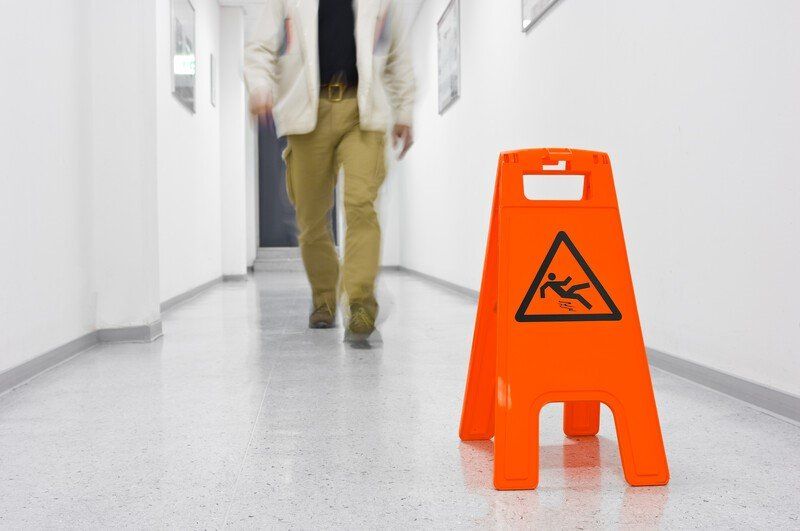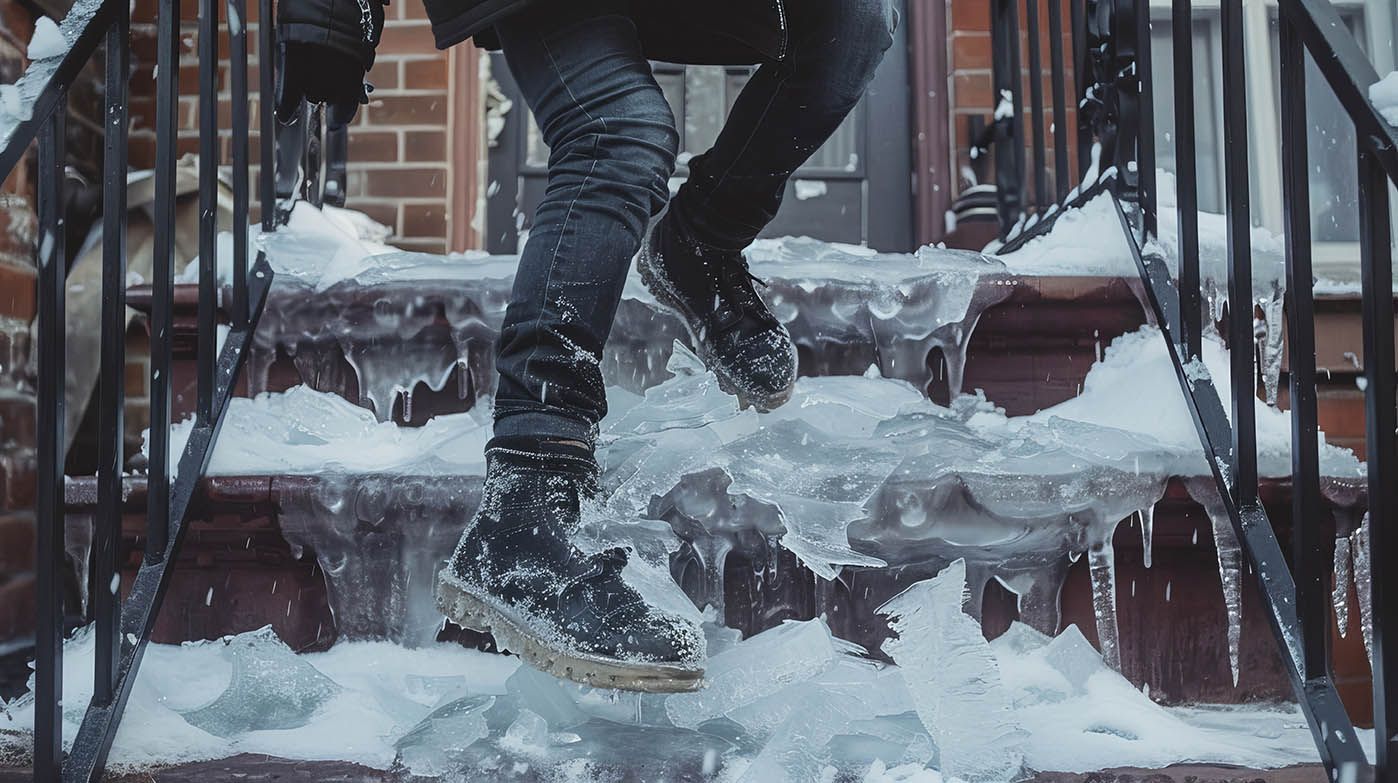BLOG
When Does an Accident Qualify as a Personal Injury Case?

In each person’s life, accidents are bound to happen. Most of the time when accidents occur it’s at the fault of no one in particular. However, there are also times when another person’s negligence or intentional actions causes bodily injury and harm. It’s times like these that you might be wondering if your situation qualifies for a personal injury claim.
What Are Personal Injury Claims?
A personal injury claim is a victim’s attempt at recovering financial damages for injuries that another person may be legally responsible for. Personal injury claims are civil disputes, which means that if a judgement is issued against the defendant, they are legally responsible to pay monetary damages to the victim, rather than face fines or incarceration, as is the case with criminal charges.
The main defining element of a personal injury claim is that a person suffered some degree of injury that could have been avoided had someone else not acted in a negligent way. It’s the word “negligence” that plays a crucial role in determining if a personal injury claim has legs to stand on, and if the person who suffered the injury should have a reasonable expectation to recover damages for their medical expenses, along with pain and suffering.
The Role of Negligence In Personal Injury Cases
Personal injury claims are often filed in response to certain events, such as automobile accidents, slip and falls, medical malpractice, and nursing home or assisted living negligence. In each of these cases, an accident or injury occurred due to someone else’s failure to meet duty of care. By duty of care, we’re referring to whether the alleged guilty party made a reasonable attempt to prevent the accident or injury from occurring. In other words, whether or not the party was negligent in their actions or behaviors.
For example, If a child spills a bit of their drink on the floor of a grocery store, and another person immediately comes along and slips on the spilled liquid, a personal injury case would bring into question whether the store employees had time to respond to the spill and remedy it. A situation like this is much more difficult to prove in a personal injury case than if a customer had tripped on a broken piece of flooring that had been neglected for months.
Winning a Personal Injury Lawsuit
Most personal injury claims are settled out of court. The person who you are filing the claim against is going to do everything possible to minimize their obligation to pay financial damages. This is why you need an experienced personal injury attorney by your side to ensure you receive the compensation you deserve. Personal injury cases are not always cut and dry, and you should never attempt to represent yourself in the case. If you’ve been injured due to someone else’s negligence, contact Fitch & Stahle Law Office for a review of your case.


